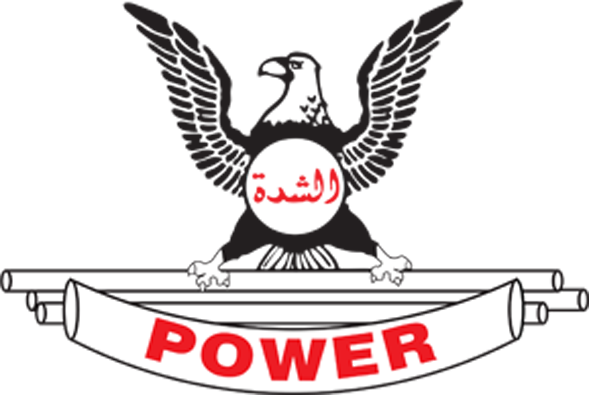- Home
- >
- Applications
Applications
Water Plumbing and Water Pipes
PVC pipes are versatile, available in various sizes and lengths, making them ideal for water distribution in buildings and facilities. High-quality PVC is non-toxic and suitable for conveying potable and non-potable water. Chlorinated PVC pipes and fittings are durable, corrosion-resistant, and able to withstand a wide temperature range, making them preferred for water transportation in commercial and residential settings.
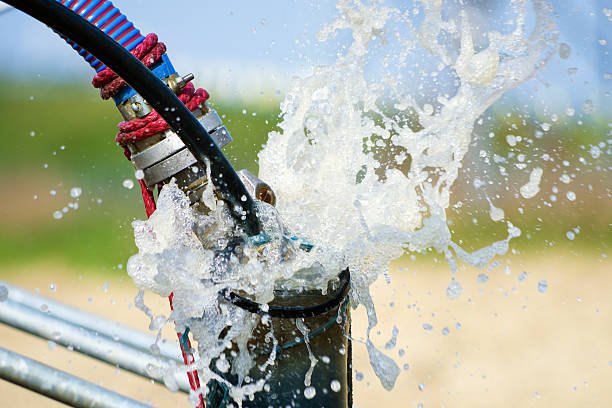

Waste Handling and Control
PVC pipes and fittings are widely used in construction for efficiently managing waste materials. They are essential in drain systems, sewers, wastewater conveyance, and related structures like sinks and toilets. PVC’s durability, resistance to corrosion and blockages, and low maintenance needs make it a popular choice for waste handling systems. These pipes ensure smooth water flow and optimal water pressure, while also facilitating the transport of wastewater to treatment facilities.
Rainwater Management
Rainwater management with pipes involves collecting rainwater from roofs via gutters and directing it through a system of pipes into storage tanks or reservoirs. Filters remove debris and contaminants, making the water suitable for various uses like irrigation. This practice conserves freshwater, reduces stormwater runoff, and lessens pressure on municipal water systems.
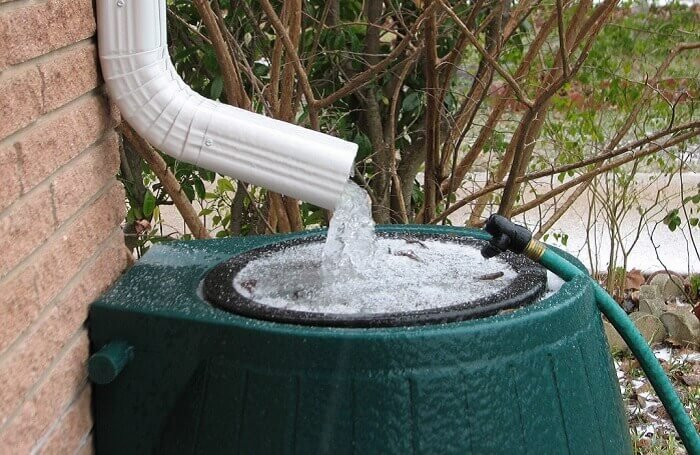
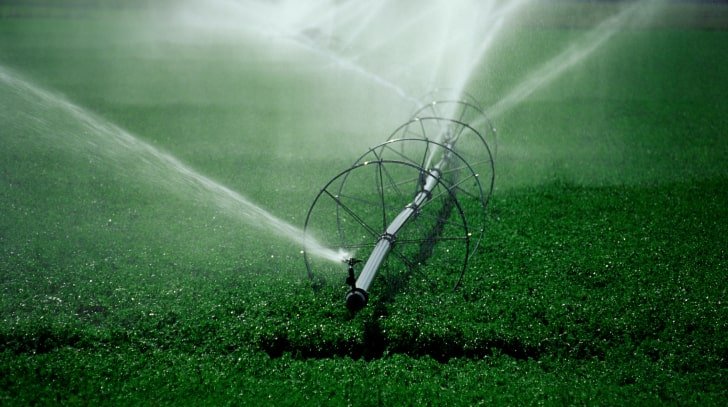
Agriculture
Pipes are vital in agriculture for various purposes, including irrigation, drainage, and fluid transport. PVC and HDPE pipes are extensively used for irrigation systems, field drainage, water supply, chemical application, livestock watering, and greenhouse systems. Their durability, corrosion resistance, and efficiency ensure optimal water distribution, soil conservation, and controlled environments for crop cultivation. By enabling efficient water management and resource utilization, pipes play a crucial role in enhancing agricultural productivity and sustainability.
Fire Sprinklers
PVC and HDPE pipes are used in fire sprinkler systems for water distribution. PVC pipes are lightweight and cost-effective, suitable for smaller-scale systems, while HDPE pipes offer durability and strength, ideal for larger-scale applications in high-rise buildings and industrial settings. Both types of pipes ensure effective fire protection with proper design and installation.
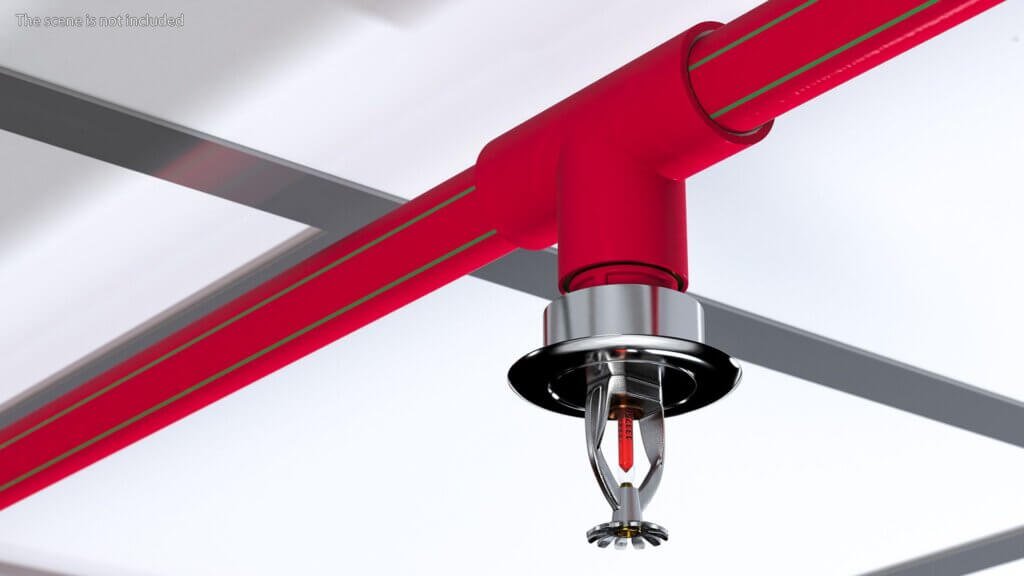
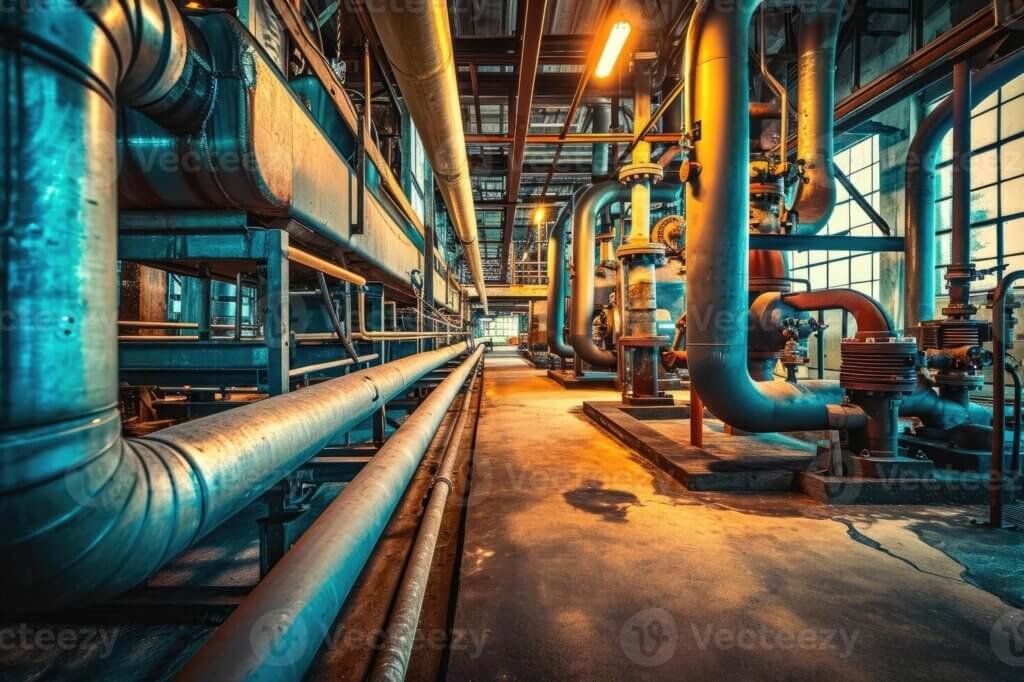
Industrial Use
PVC pipes are commonly used in industrial settings for fluid transport, including water, chemicals, and corrosive substances. HDPE pipes find application in industries such as mining, chemical processing, and wastewater treatment for transporting abrasive materials and corrosive chemicals. PPR pipes are preferred for hot and cold water distribution in industrial buildings, manufacturing plants, and process industries due to their high-temperature resistance and leak-proof joints.
Chemical Handling
PVC exhibits exceptional resistance to various chemicals that may corrode metal materials, including hydrochloric acid, anhydride acid, alcohol, hydrocarbons, ammonia, alkali, halogen, salts, oxidizing acids, and other organic and inorganic acids. The chlorine content in PVC pipes enhances this resistance, making them effective in preventing chemical attack and degradation. Additionally, PVC pipes can impede the spread of fire and flames. Consequently, these specially designed pipes are extensively utilized in chemical handling, production processes, and transfer applications.
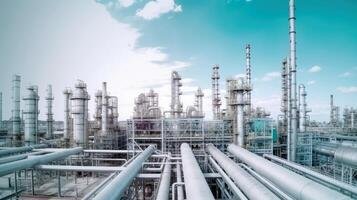

Building Infrastructure and Structural Material
in building infrastructure and structural material applications, PVC, HDPE, and PPR pipes offer versatile solutions, ensuring reliable performance and longevity. PVC pipes are widely employed for plumbing, drainage, and electrical conduits, while HDPE pipes excel in water distribution networks and underground piping due to their durability. PPR pipes are gaining popularity for their high-temperature resistance and ease of installation, making them ideal for hot and cold water distribution systems in both residential and commercial buildings. These pipes play integral roles in ensuring efficient and sustainable building construction and operation.
Coatings and Cable Insulation
Electrical and communication cable installations are integral to construction projects, with PVC pipes frequently employed to protect and install these cables. PVC serves as insulation and sheathing in diverse applications and is particularly favored for electric, telephone, LAN, coaxial, and data transmission cables in residential and commercial settings. PVC’s popularity stems from its ability to endure extreme temperatures, flame resistance, recyclability, and non-conductivity.

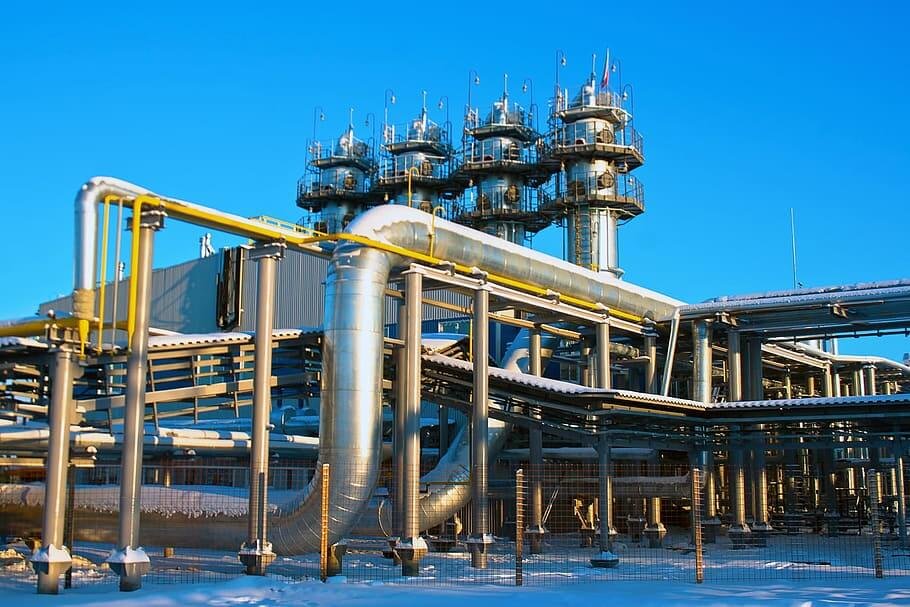
Gas Distribution
In gas distribution, PVC and HDPE pipes are both crucial. PVC pipes, lightweight and corrosion-resistant, are common in low-pressure systems like residential connections. HDPE pipes, durable and flexible, excel in high-pressure networks such as industrial transmission lines. Chosen based on application needs, both ensure safe and efficient natural gas transportation.
